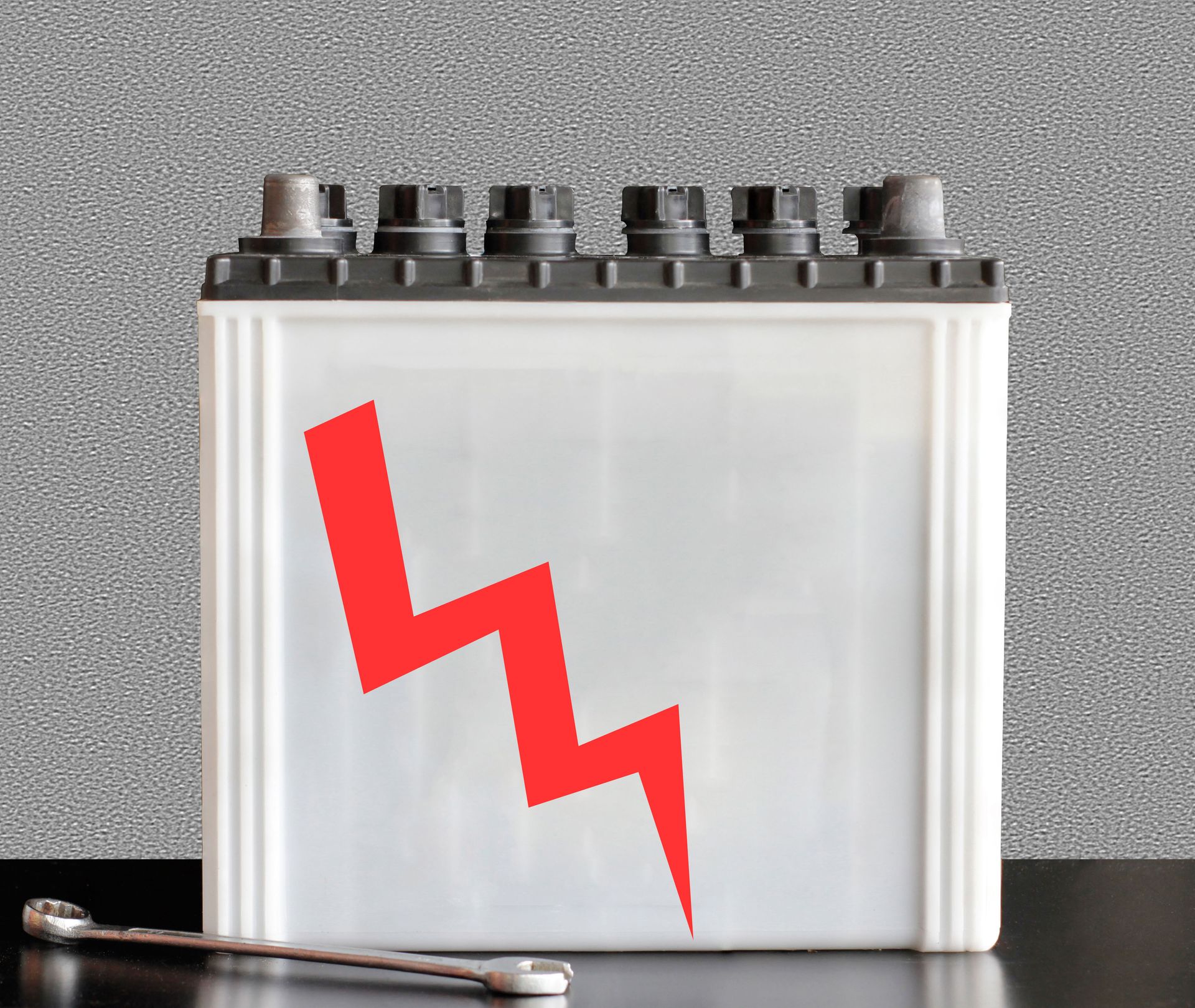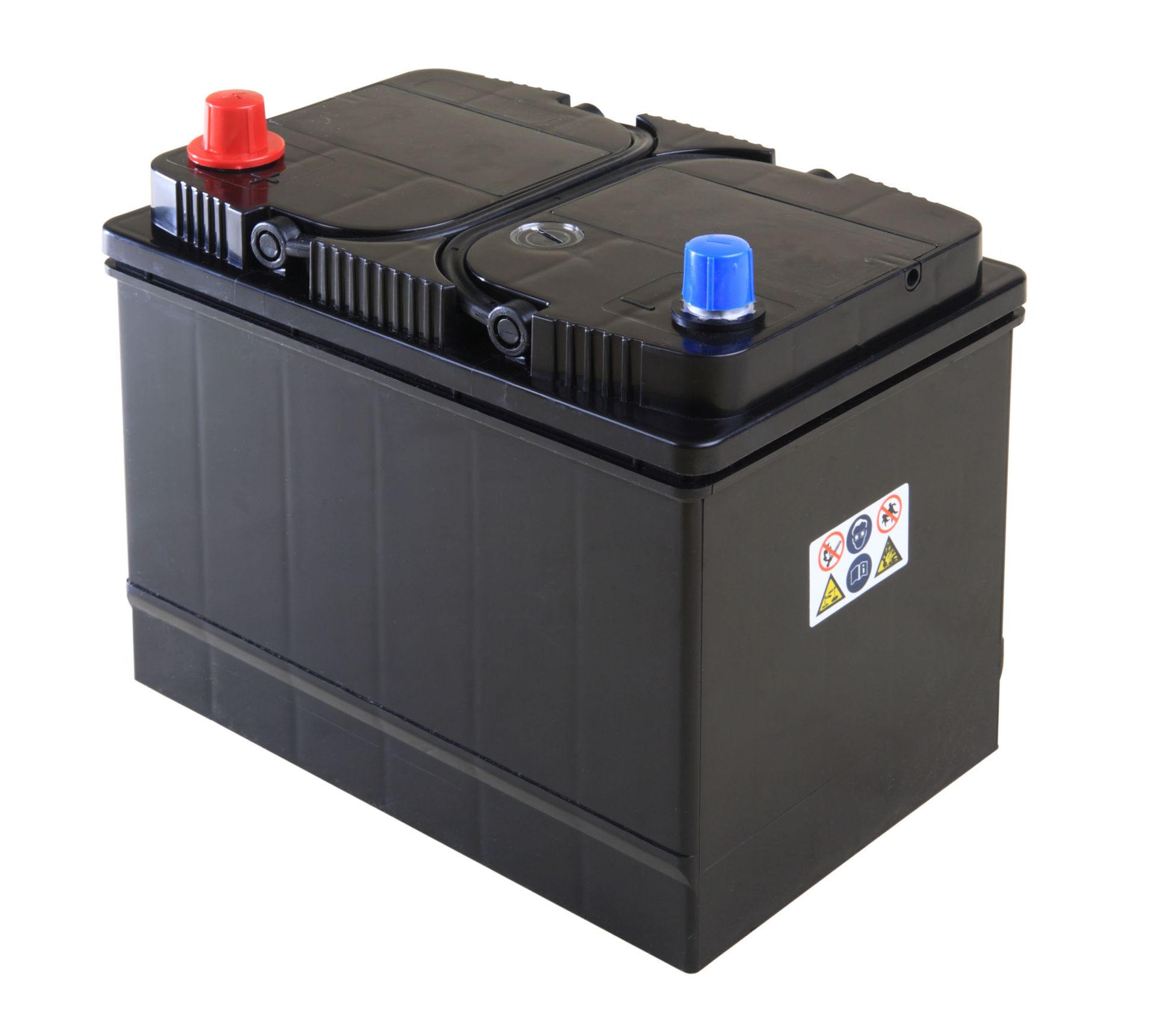What’s the Best Way to Store a Battery for Long Periods?
Highlights:
- Cool, dry storage with partial charge preserves most chemistries over time.
- Periodic state-of-charge checks prevent deep discharge and sulfation damage.
- Safe handling and end-of-life recycling reduce fire and environmental risks.
- Chemistry matters: lithium-ion prefers moderate charge; lead-acid prefers full maintenance charge.
- Local help in Jefferson, LA—like Jefferson Battery Co Inc—can test, charge, and prepare batteries for storage.
Understanding Long-Term Battery Storage
Long-term battery storage is all about controlling temperature, charge level, and time. Heat accelerates chemical reactions that age cells, while deep discharge stresses internal components and can make some batteries irrecoverable. A clean, cool, and dry environment, plus periodic charging, can extend shelf life dramatically. Because chemistries behave differently, your approach should match the battery: lithium-ion for electronics and power tools, AGM or flooded lead-acid for automotive and marine, and specialty chemistries for UPS or mobility devices.
Temperature and Environment Control
Temperature is the first lever to pull. According to Battery University, many chemistries store best around 15 °C (59 °F), with allowable extremes far wider. Practically, that means a climate-controlled space beats a garage or attic that sees seasonal swings. Cooler storage slows self-discharge and reduces the risk of runaway degradation. Keep batteries off bare concrete mainly for moisture reasons; a shelf or plastic bin helps prevent condensation and incidental shorting while keeping labels visible for future checks.
Maintaining the Proper Charge Level
Next, set the right state of charge before storage. Lithium-ion prefers a partial charge—often around 40–60%—to reduce stress on the cathode while providing margin against self-discharge. Lead-acid prefers to be fully charged and then maintained, because sitting at low charge invites sulfation, which hardens and reduces capacity. If your battery will sit more than a month, top it off with a smart maintainer (for lead-acid) or check its indicator monthly (for lithium-ion), logging readings so you can catch trends early.
FAQ
Can I store batteries in a refrigerator?
Generally no; humidity and condensation risk outweigh benefits unless the battery is sealed and bagged with desiccant and manufacturer allows it.
How often should I check stored car batteries?
Monthly is a good cadence; recharge with a maintainer if voltage dips below the recommended threshold.
Is concrete harmful to batteries?
Modern cases resist concrete, but moisture and grime are the real concerns. Use a shelf or insulated tray to be safe.
Safety and Recycling Practices
Safety and end-of-life handling belong in your storage plan. According to Call2Recycle, damaged or swollen batteries should be isolated in a non-flammable material and not thrown away; contact the recycler or manufacturer for instructions. For households, store cells in original packaging or individual sleeves to prevent terminals from touching. Tape the terminals of loose 9-volt and lithium cells before storing or transporting. Keep batteries away from heat sources, solvents, and metal clutter that can bridge contacts and create short circuits.
Proper Handling of Lead-Acid Batteries
Lead-acid batteries deserve special attention because of weight, acid, and recycling logistics. According to the U.S. Environmental Protection Agency, roughly 99% of lead from automotive batteries is recycled in the United States, reflecting a mature circular system. That’s good news for long-term storage planning: if your battery fails a test after storage, you can responsibly recycle it and recover a core credit. Keep vented lead-acid upright, clean the top to minimize self-discharge paths, and store where spills can be contained.
Preparation for Seasonal Storage
For vehicles in seasonal storage, preparation prevents surprises. Fully charge the battery, clean and tighten terminals, and connect a temperature-compensating maintainer that floats at the proper voltage. If the vehicle will be moved occasionally, schedule a brief run to bring the alternator online and agitate electrolyte in flooded cells. For lithium-ion packs powering equipment, label each pack with the storage date and approximate state of charge; rotate packs every few months so none sit neglected beyond your check interval.
FAQ
Should I disconnect the negative cable for long car storage?
Yes, if you won’t use a maintainer, disconnecting reduces parasitic draw from modules and preserves charge.
Are maintainers safe to leave connected?
Quality smart maintainers are designed for continuous use; confirm compatibility with your chemistry and follow the manual.
Can I store lithium-ion fully charged?
You can, but moderate charge typically ages the pack more slowly than 100% for long idle periods.
Inventory Management Tips
Inventory management matters in shops and homes alike. Group batteries by chemistry and voltage, keep data sheets or manuals nearby, and note purchase dates for FIFO rotation. For tool packs, avoid leaving batteries locked in tools; remove and store separately so electronics aren’t energized unnecessarily. If you maintain a fleet—boats, ATVs, or standby generators—create a simple spreadsheet for voltages and dates checked. The small habit of logging keeps problems visible and gives you confidence when the season changes.
Local Professional Assistance
Local expertise can save time. In Jefferson, LA, Jefferson Battery Co Inc can capacity-test, charge, and condition batteries before storage, and help select maintainers matched to AGM, flooded, or lithium chemistries. They can also spot early signs of failure—like elevated internal resistance—so you don’t waste a winter maintaining a battery that won’t hold a charge in spring. If you’re unsure about chemistry-specific voltages or float settings, getting a quick bench test and recommendation is worth it.
FAQ
What’s the ideal storage temperature?
Around 50–60 °F for many chemistries; the key is cool and stable, not freezing or sweltering.
How do I store loose household cells safely?
Keep them in original packaging or plastic cases, tape exposed terminals, and separate by chemistry.
When should I recycle instead of store?
If a battery is damaged, won’t hold charge after conditioning, or is past recommended service life, recycle it through a verified program.
Monitoring Battery Health Over Time
Even during storage, monitoring your battery’s health helps avoid unpleasant surprises when it’s time to use it again. Many modern batteries include built-in indicators or monitoring features that track voltage and charge cycles. Self-discharge rates vary depending on chemistry—some batteries lose only a few percent per month, while others can lose much more if left unattended. By logging voltage readings quarterly and recharging when needed, you can prevent deep discharge, which is one of the main causes of irreversible capacity loss. Routine checks ensure your battery stays within an optimal voltage range, ready for use when required.
Storage Innovations and Smart Technology
Battery storage technology continues to advance through innovations like smart maintainers and temperature-compensated chargers. These devices automatically adjust voltage based on ambient conditions, helping prevent overcharging and reducing sulfation. Some systems even include wireless connectivity that alerts you if a battery’s voltage drops below a safe level. This kind of technology makes long-term storage safer and more reliable by removing guesswork and maintaining steady charge levels. For anyone storing high-value lithium or deep-cycle batteries, investing in a smart charger or automated maintainer can extend service life and reduce the need for manual checks.
Planning for Long-Term Reliability
Proper storage goes beyond location and voltage—it’s part of an overall reliability plan. Before storing, clean terminals, label storage dates, and document each battery’s type and condition. Periodic professional testing helps verify internal resistance and overall health, ensuring stored batteries remain dependable. Local professionals like Jefferson Battery Co Inc in Jefferson, LA can help you build a tailored maintenance plan that matches your storage environment and usage needs. With consistent care, occasional voltage checks, and responsible recycling, your batteries will maintain performance season after season while minimizing waste and unexpected failures.










Share On: